Back to Courses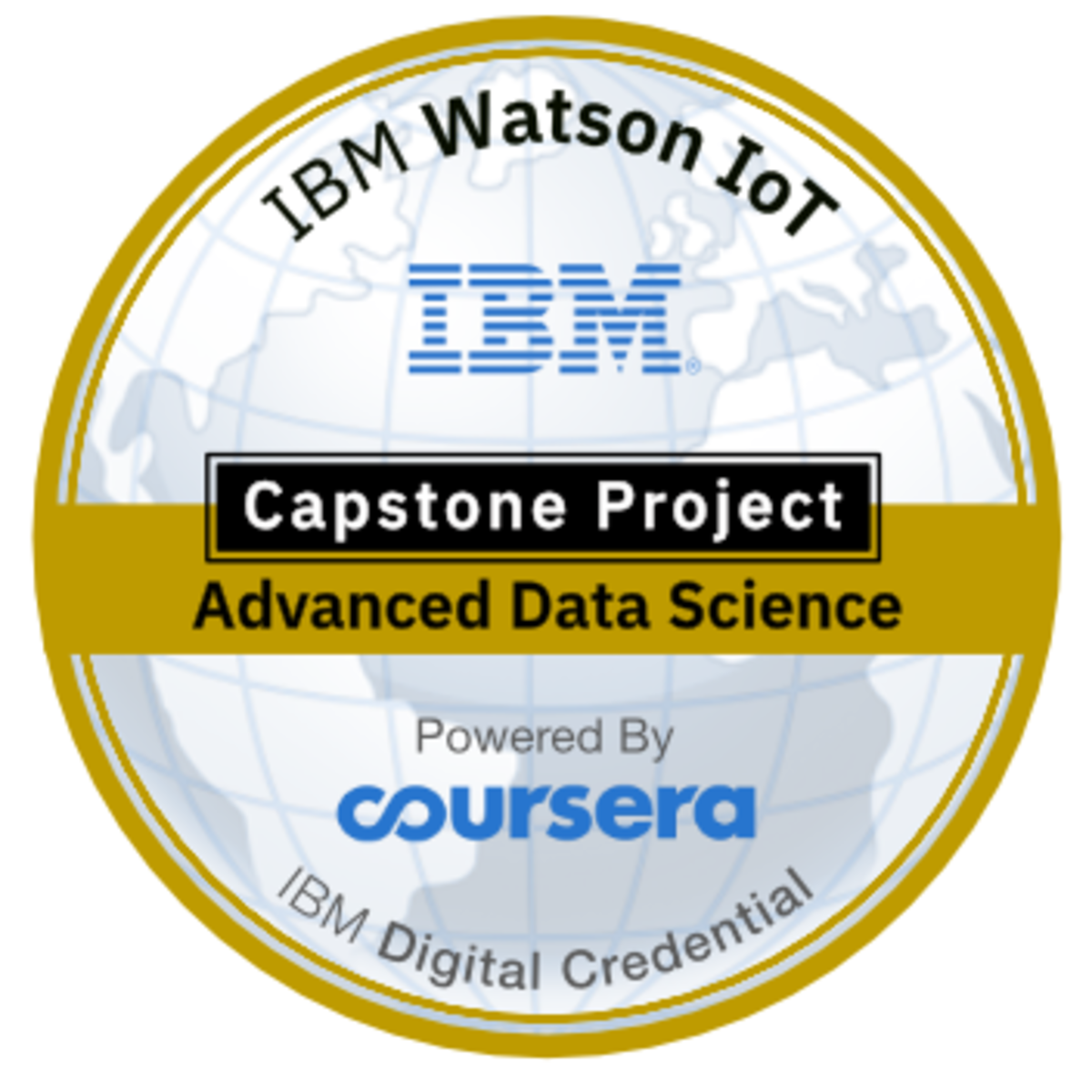
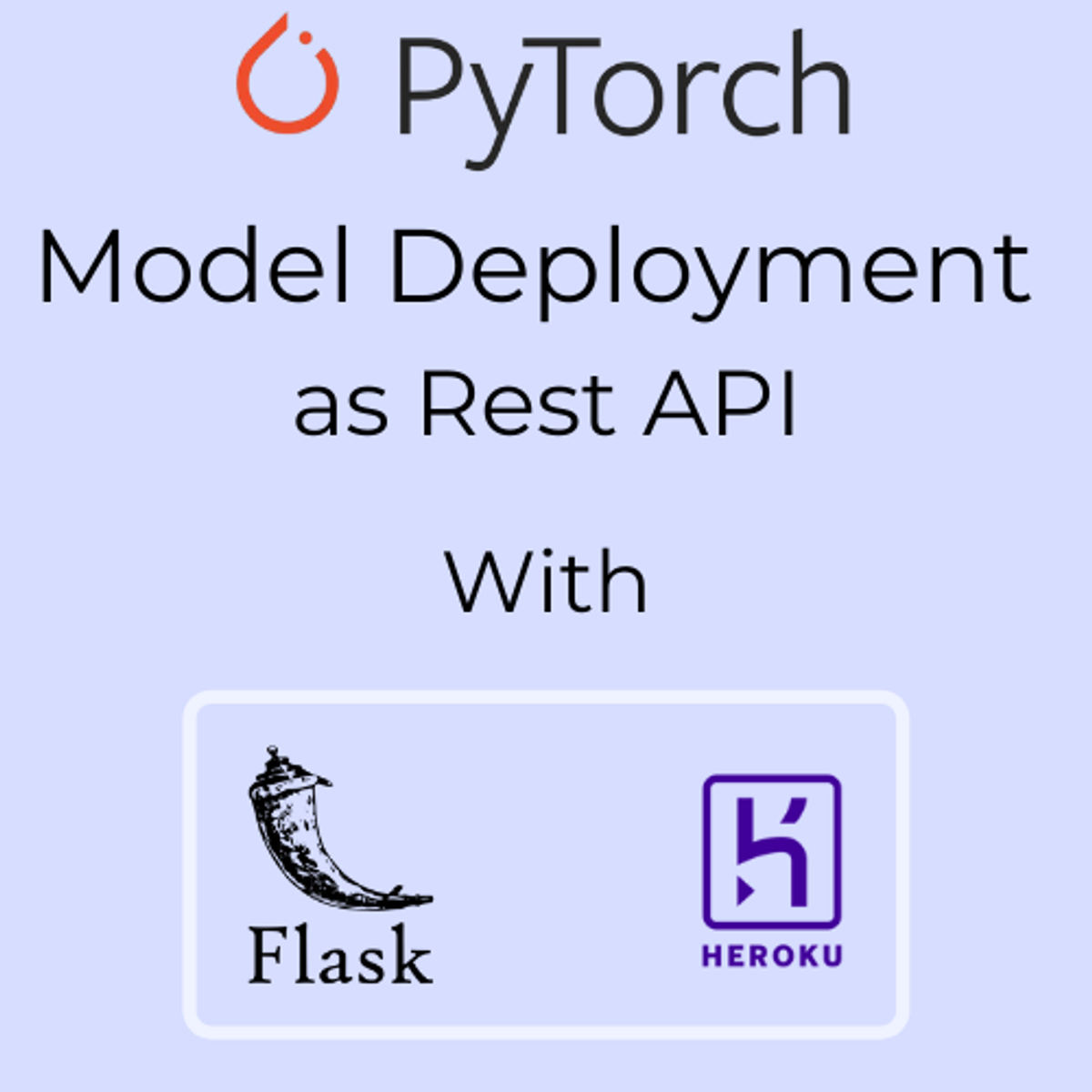
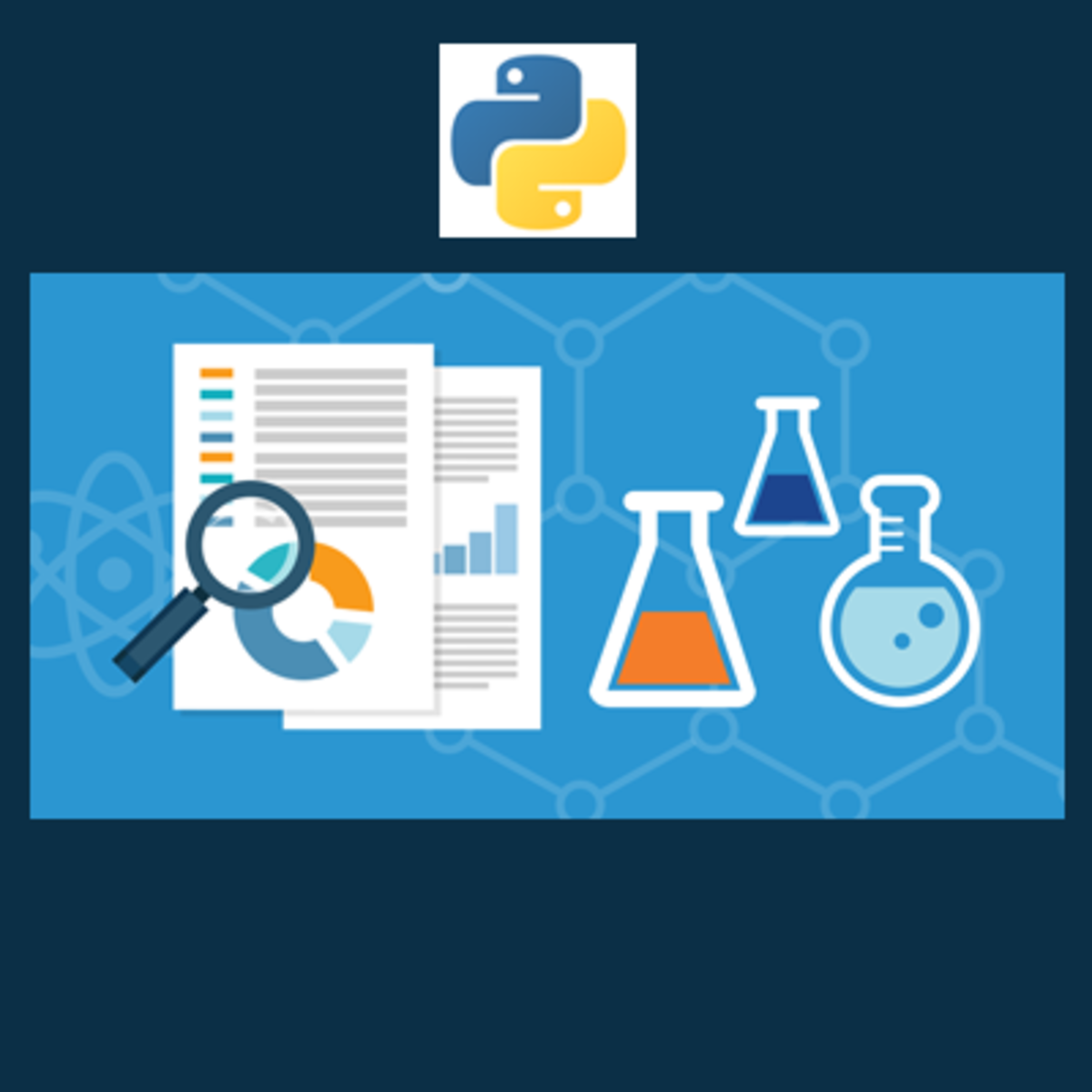

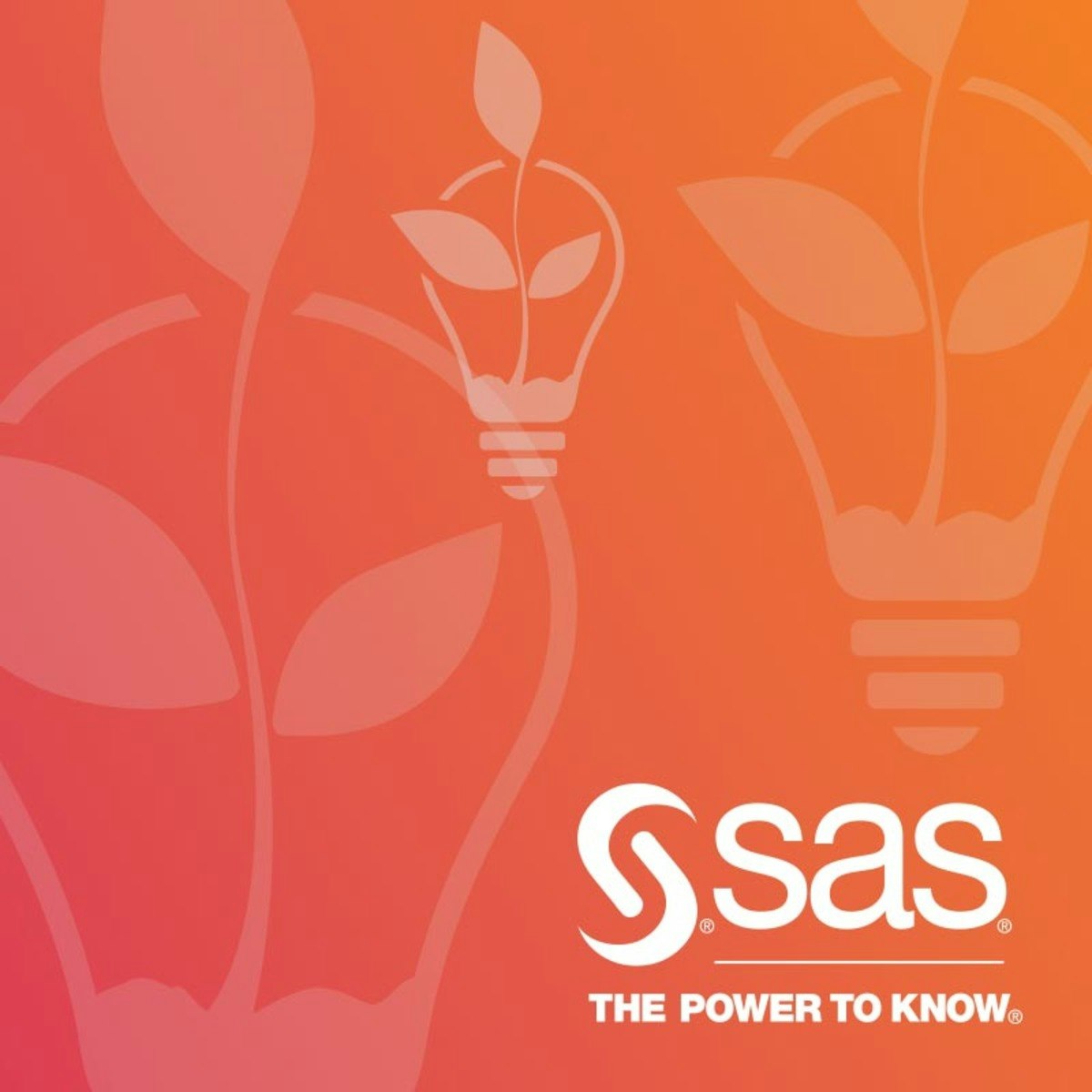
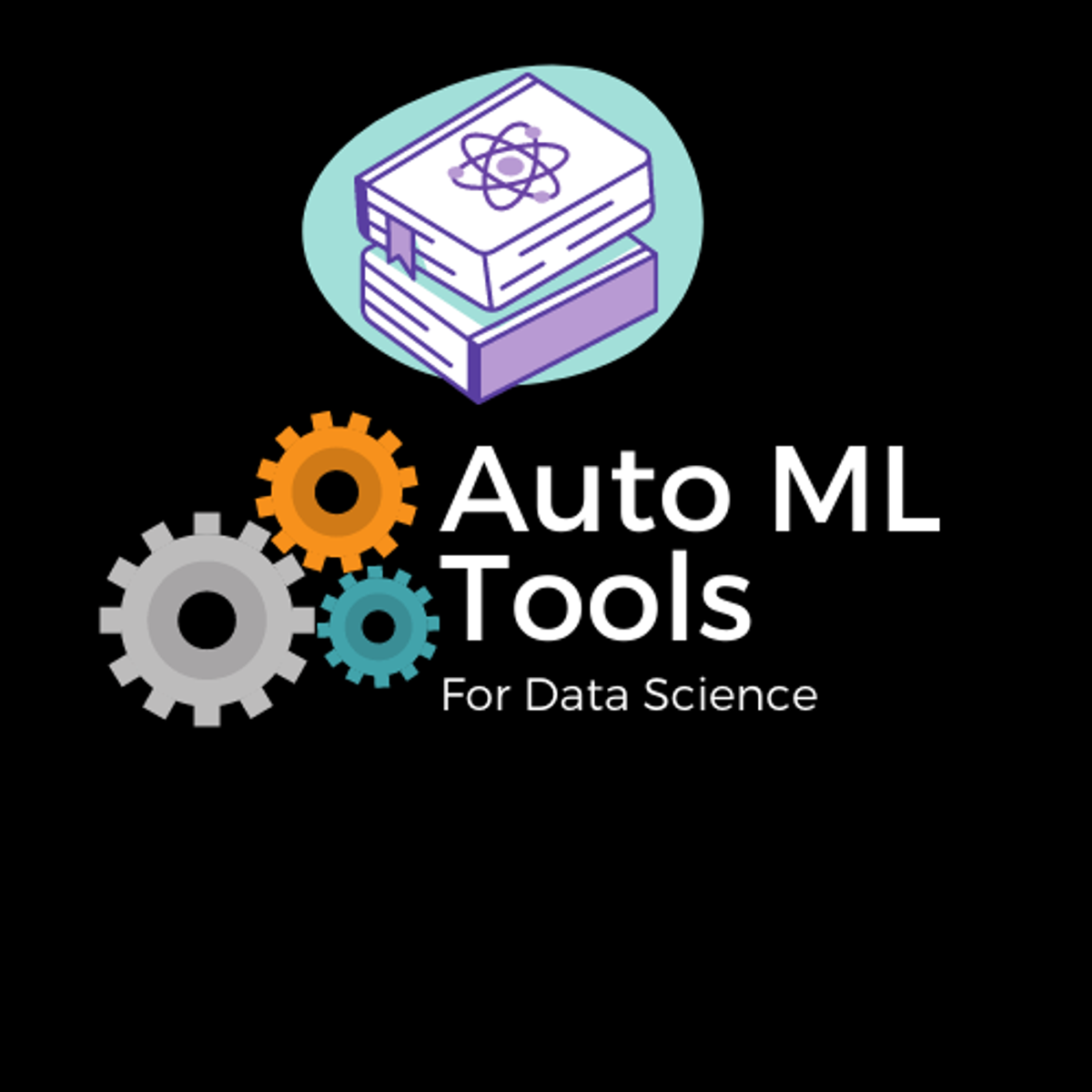

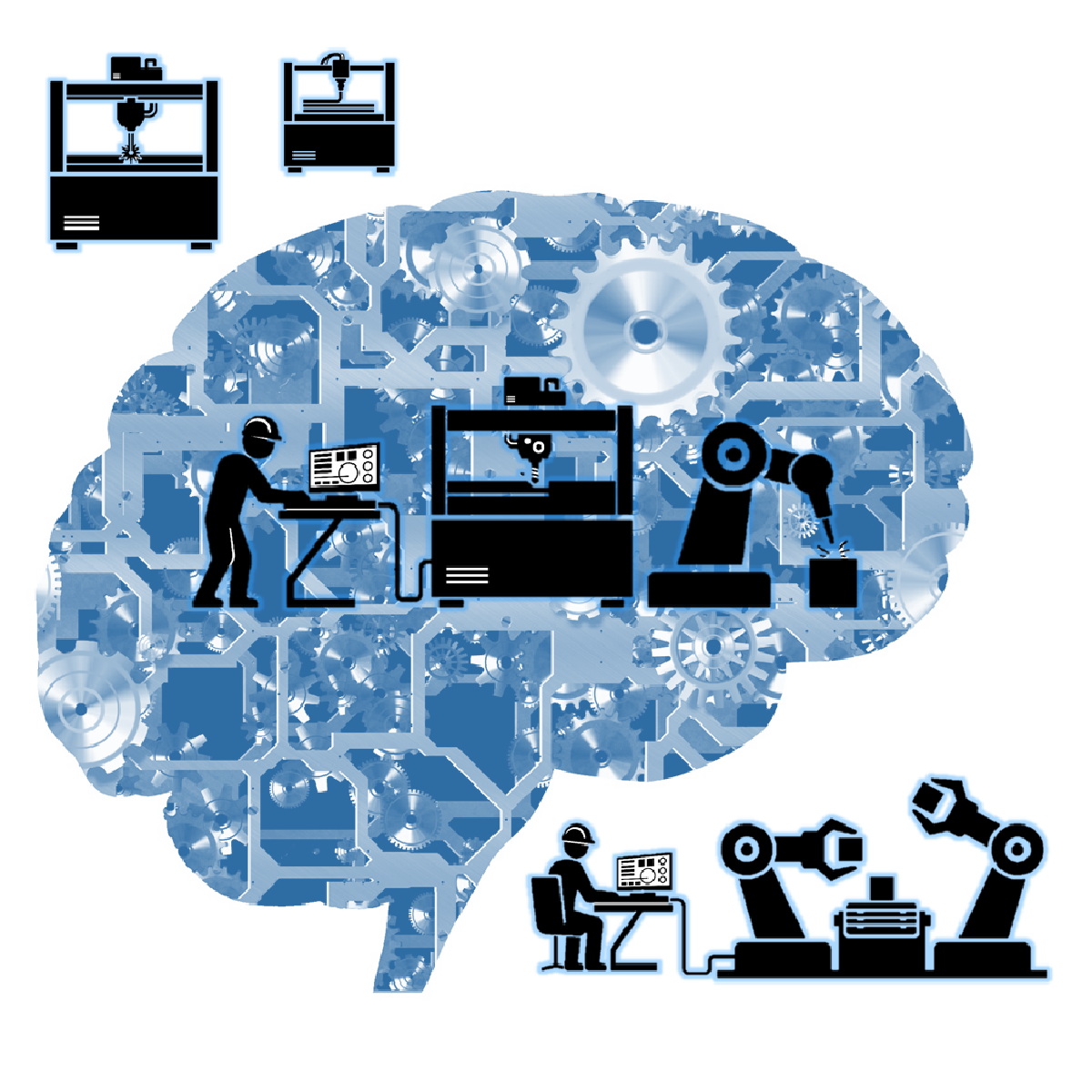


Machine Learning Courses - Page 25
Showing results 241-250 of 485

Advanced Data Science Capstone
This project completer has proven a deep understanding on massive parallel data processing, data exploration and visualization, advanced machine learning and deep learning and how to apply his knowledge in a real-world practical use case where he justifies architectural decisions, proves understanding the characteristics of different algorithms, frameworks and technologies and how they impact model performance and scalability.
Please note: You are requested to create a short video presentation at the end of the course. This is mandatory to pass. You don't need to share the video in public.

Deploying a Pytorch Computer Vision Model API to Heroku
Welcome to the “Deploying a Pytorch Computer Vision Model API to Heroku” guided project.
Computer vision is one of the prominent fields of AI with numerous applications in the real world including self-driving cars, image recognition, and object tracking, among others. The ability to make models available for real-world use is an essential skill anyone interested in AI engineering should have especially for computer vision and this is why this project exists.
In this project, we will deploy a Flask REST API using one of Pytorch's pre-trained computer vision image classification models. This API will be able to receive an image, inference the pre-trained model, and return its predicted classification.
This project is an intermediate python project for anyone interested in learning about how to productionize Pytorch computer vision models in the real world via a REST API on Heroku. It requires preliminary knowledge on how to build and train PyTorch models (as we will not be building or training models), how to utilize Git and a fundamental understanding of REST APIs. Learners would also need a Heroku account and some familiarity with the Python Flask module and the Postman API Platform.
At the end of this project, learners will have a publicly available API they can use to demonstrate their knowledge in deploying computer vision models.

Applied Data Science Capstone
This is the final course in the IBM Data Science Professional Certificate as well as the Applied Data Science with Python Specialization. This capstone project course will give you the chance to practice the work that data scientists do in real life when working with datasets.
In this course you will assume the role of a Data Scientist working for a startup intending to compete with SpaceX, and in the process follow the Data Science methodology involving data collection, data wrangling, exploratory data analysis, data visualization, model development, model evaluation, and reporting your results to stakeholders.
You will be tasked with predicting if the first stage of the SpaceX Falcon 9 rocket will land successfully. With the help of your Data Science findings and models, the competing startup you have been hired by can make more informed bids against SpaceX for a rocket launch.
In this course, there will not be much new learning, instead you’ll focus on hands-on work to demonstrate and apply what you have learnt in previous courses. By successfully completing this Capstone you will have added a project to your data science and machine learning portfolio to showcase to employers.

Medical Diagnosis using Support Vector Machines
In this one hour long project-based course, you will learn the basics of support vector machines using Python and scikit-learn. The dataset we are going to use comes from the National Institute of Diabetes and Digestive and Kidney Diseases, and contains anonymized diagnostic measurements for a set of female patients. We will train a support vector machine to predict whether a new patient has diabetes based on such measurements. By the end of this course, you will be able to model an existing dataset with the goal of making predictions about new data. This is a first step on the path to mastering machine learning.
Note: This course works best for learners who are based in the North America region. We’re currently working on providing the same experience in other regions.
Machine Learning Using SAS Viya
This course covers the theoretical foundation for different techniques associated with supervised machine learning models. In addition, a business case study is defined to guide participants through all steps of the analytical life cycle, from problem understanding to model deployment, through data preparation, feature selection, model training and validation, and model assessment. A series of demonstrations and exercises is used to reinforce the concepts and the analytical approach to solving business problems.
This course uses Model Studio, the pipeline flow interface in SAS Viya that enables you to prepare, develop, compare, and deploy advanced analytics models. You learn to train supervised machine learning models to make better decisions on big data. The SAS applications used in this course make machine learning possible without programming or coding.

AutoML tools for data science
By the end of this project, you will learn how to perform analysis on data using different python libraries and export reports and visualization without much hassle all this with minimal coding.

Avoid Overfitting Using Regularization in TensorFlow
In this 2-hour long project-based course, you will learn the basics of using weight regularization and dropout regularization to reduce over-fitting in an image classification problem. By the end of this project, you will have created, trained, and evaluated a Neural Network model that, after the training and regularization, will predict image classes of input examples with similar accuracy for both training and validation sets.
Note: This course works best for learners who are based in the North America region. We’re currently working on providing the same experience in other regions.

Intelligent Machining
Manufacturers are increasingly utilizing machine tools that are self-aware – they perceive their own states and the state of the surrounding environment – and are able to make decisions related to machine activity processes. This is called intelligent machining, and through this course students will receive a primer on its background, tools and related terminology.
Learn how the integration of smart sensors and controls are helping to improve productivity. You’ll be exposed to various sensors and sensing techniques, process control strategies, and open architecture systems that can be leveraged to enable intelligent machining. This course will prepare you to contribute to the implementation of intelligent machining projects.
Main concepts of this course will be delivered through lectures, readings, discussions and various videos.
This is the fifth course in the Digital Manufacturing & Design Technology specialization that explores the many facets of manufacturing’s “Fourth Revolution,” aka Industry 4.0, and features a culminating project involving creation of a roadmap to achieve a self-established DMD-related professional goal. To learn more about the Digital Manufacturing and Design Technology specialization, please watch the overview video by copying and pasting the following link into your web browser: https://youtu.be/wETK1O9c-CA

Preparing for AI-900: Microsoft Azure AI Fundamentals exam
Microsoft certifications give you a professional advantage by providing globally recognized and industry-endorsed evidence of mastering skills in digital and cloud businesses. In this course, you will prepare to take the AI-900 Microsoft Azure AI Fundamentals certification exam.
You will refresh your knowledge of fundamental principles of machine learning on Microsoft Azure. You will go back over the main consideration of AI workloads and the features of computer vision, Natural Language Processing (NLP), and conversational AI workloads on Azure. In short, you will recap all the core concepts and skills that are measured by the exam.
You will test your knowledge in a series of practice exams mapped to all the main topics covered in the AI-900 exam, ensuring you’re well prepared for certification success. You will prepare to pass the certification exam by taking practice tests with similar formats and content.
You will also get a more detailed overview of the Microsoft certification program and where you can go next in your career. You’ll also get tips and tricks, testing strategies, useful resources, and information on how to sign up for the AI-900 proctored exam. By the end of this course, you will be ready to sign-up for and take the AZ-900 exam.
This course is intended for candidates with both technical and non-technical backgrounds. Data science and software engineering experience is not required; however, some general programming knowledge or experience would be beneficial. To be successful in this course, you need to have basic computer literacy and proficiency in the English language. You should be familiar with basic computing concepts and terminology, general technology concepts, including concepts of machine learning and artificial intelligence.

Practical Decision-Making Using No-code ML on AWS
In this course, you will discover how to solve business problems with machine learning, no coding required. You will explore Amazon SageMaker Canvas, a visual point-and-click interface that allows you to generate accurate ML predictions without requiring any machine learning experience or having to write a single line of code. At the end of the course, you will walk away understanding how to make better business decisions using no-code machine learning.
Popular Internships and Jobs by Categories
Browse
© 2024 BoostGrad | All rights reserved


